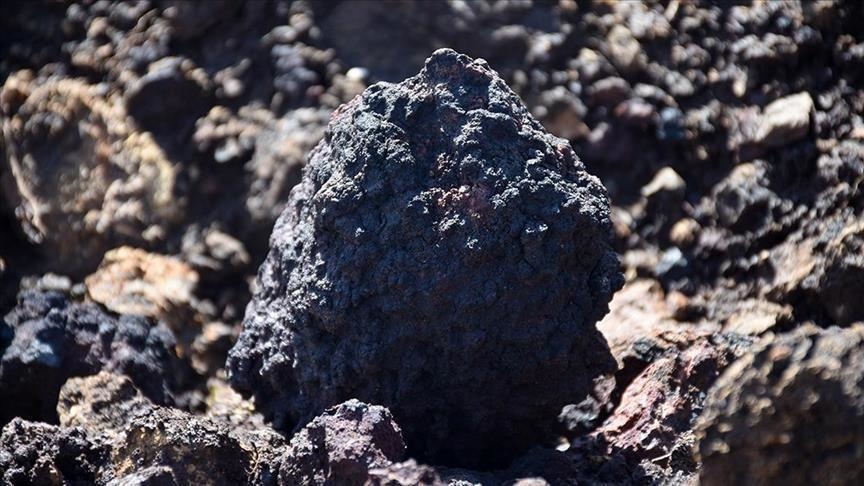Japan mulls mining rare earths at record ocean depths: Report
Pilot project likely to start in January next year

ANKARA
Japan plans to begin extracting rare earth minerals from deep-sea mud in a groundbreaking pilot project starting in January, Nikkei Asia reported on Thursday.
The Japan Agency for Marine-Earth Science and Technology will deploy the Chikyu, a scientific drilling vessel, about 100-150 kilometers (62 to 93 miles) off Minami-Torishima Island -- about 1,950 km (1,211 miles) southeast of Tokyo.
A pipe will be lowered 5,500 meters below the ocean's surface to collect 35 metric tons of seafloor mud, marking the first attempt globally to recover rare earths from such depths.
The process, including the placement of the pipe, will likely take about three weeks, with the Chikyu vessel ferrying the mud back to Japan's mainland.
One ton of mud is expected to contain about 2 kilograms of rare earth minerals, according to the media outlet.
Japan’s exclusive economic zone is believed to hold the world’s third-largest reserve of rare earths, with the Minami-Torishima region alone estimated to contain 16 million tons.
The area is especially rich in dysprosium, used in magnets for electric-vehicle motors, and gadolinium, used in nuclear control rods.
Currently, China produces most of the globe’s rare earth minerals.
The pilot was originally slated for 2024 but was delayed due to late pipe delivery from the UK.
A second test is scheduled for 2027, aiming to recover 1,000 tons of mud. Japan is also considering building a basic refinery at Minami Torishima to ease rare earth transport.








